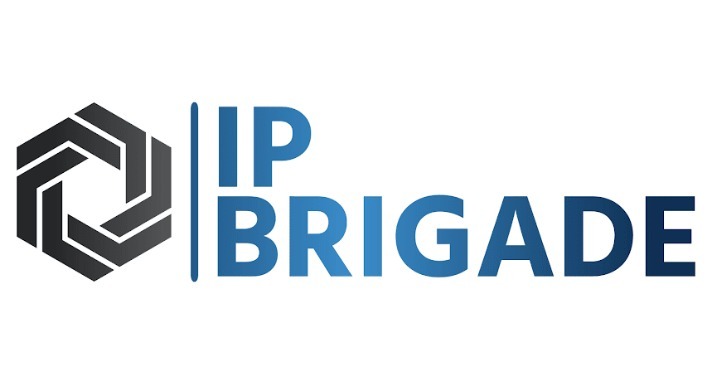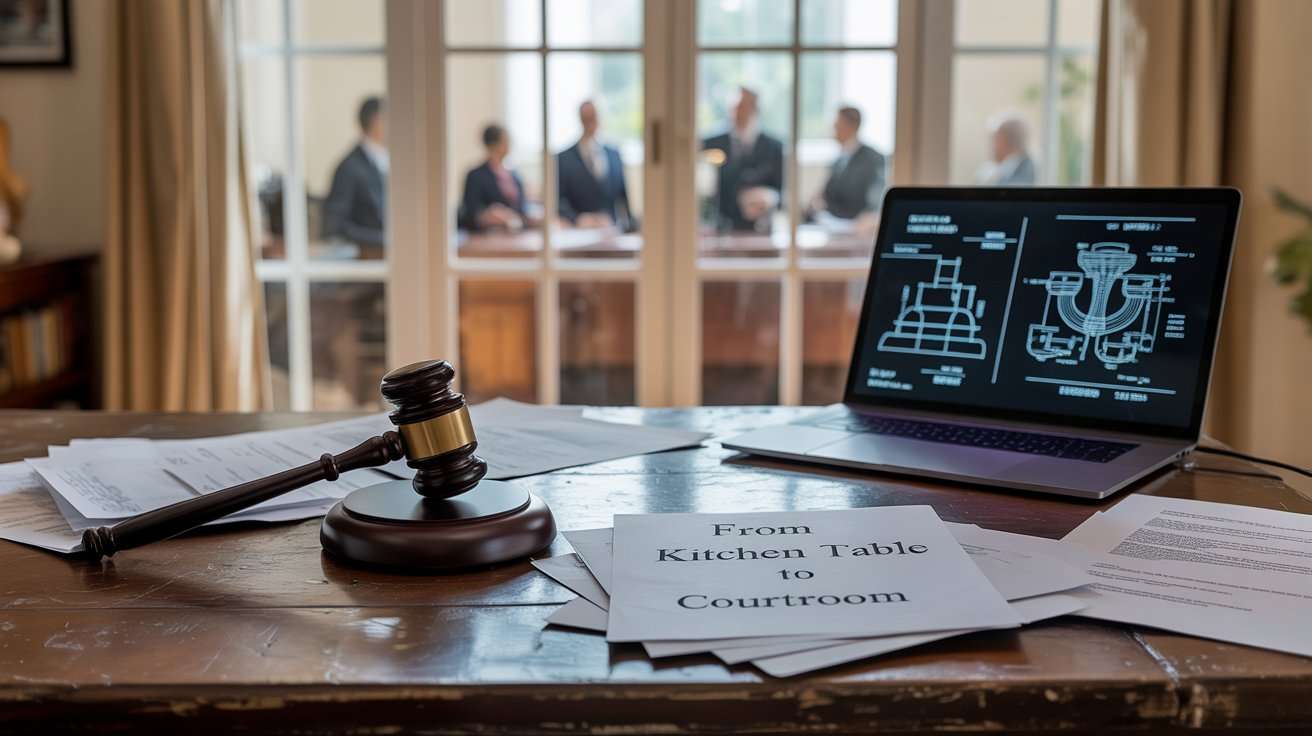In a rapidly evolving era of artificial intelligence (AI), one of the most pressing questions facing inventors, legal professionals, and businesses is: What makes an AI invention patent-eligible? The recent Federal Circuit decision in Recentive Analytics, Inc. v. Fox Corp. (April 18, 2025) sheds new light on this issue and serves as a critical case study on AI patent eligibility under 35 U.S.C. §101.
This landmark ruling clarifies the boundaries between abstract ideas and patentable technological innovations, influencing how future AI patents will be protected—or rejected—by the U.S. Patent and Trademark Office (USPTO) and courts alike.
Case Overview: Recentive Analytics v. Fox Corp.
Recentive Analytics, Inc. brought a patent infringement lawsuit against Fox Corporation, asserting four patents (U.S. Patent Nos. 10,911,811; 10,958,957; 11,386,367; and 11,537,960). These patents focused on using machine learning to generate optimized network maps and broadcast schedules for television programming and live events.
However, the district court dismissed the case, concluding that the patents were directed toward ineligible subject matter under Section 101. The Federal Circuit later affirmed this decision, finding that the claimed inventions merely applied generic machine learning algorithms to conventional business practices—without a sufficient inventive concept.
The ruling emphasized that while machine learning is an advanced computational method, simply using AI for automating a traditional process does not meet AI patent eligibility standards.
Understanding the Federal Circuit’s Approach to AI Patent Eligibility
To determine whether the patents were eligible under §101, the Federal Circuit applied the two-step framework established in Alice Corp. v. CLS Bank International:
Step One: Determine whether the claims are directed to a patent-ineligible concept such as an abstract idea, law of nature, or natural phenomenon.
Step Two: If they are, examine whether additional claim elements transform the nature of the claim into a patent-eligible application through an inventive concept.
At Step One, the court found that the claims were directed to abstract ideas—specifically, the organization of information and scheduling of events, which are age-old human activities. The mere involvement of AI did not convert these abstract ideas into technological improvements.
At Step Two, the Federal Circuit held that the patents lacked any inventive concept. The claims did not improve the functioning of a computer, enhance machine learning algorithms themselves, or propose new AI model architectures. Instead, they relied on generic computing devices and conventional data-processing techniques.
This analysis reinforced that AI patent eligibility requires more than applying standard algorithms to existing tasks—it demands a technical contribution that advances the underlying technology.
Key Takeaways for Innovators and Patent Practitioners
The Recentive Analytics decision highlights several key principles that innovators and attorneys must understand when pursuing AI-related patents:
1. Generic Application of AI Is Insufficient
Applying common machine learning techniques to conventional problems will not satisfy AI patent eligibility. The invention must demonstrate a specific improvement to the functioning of AI models, computing systems, or another field of technology.
2. Field-of-Use Limitations Don’t Create Eligibility
Simply limiting an AI process to a particular industry—such as broadcasting, healthcare, or finance—does not make an abstract idea patentable. Field-of-use restrictions are not substitutes for genuine technological innovation.
3. Detail, Not Description, Wins Patents
Strong AI patents rely on detailed technical explanations—not broad conceptual language. Applicants should describe how the AI system functions, including aspects like model architecture, training datasets, data preprocessing methods, and performance improvements. These details are crucial to proving that the invention offers more than an abstract idea.
4. Alignment with USPTO Guidance
The USPTO’s 2019 Revised Patent Subject Matter Eligibility Guidance—and subsequent updates—stress that AI inventions must demonstrate technological improvements. This means articulating how the invention enhances computer performance, reduces computational load, or provides a novel technical effect.
By integrating this guidance into claim drafting, applicants can significantly improve their success rate in achieving AI patent eligibility.
Strategies to Strengthen AI Patent Applications
AI innovators often find themselves at the intersection of creativity and compliance. The following strategies can help you build a robust, defensible AI patent portfolio:
1. Focus on Technical Improvements
Clearly identify how your AI invention improves the efficiency, accuracy, or speed of a system. For instance, if your model reduces the computational complexity of training or enhances data compression, emphasize these points in your application.
2. Provide Specific Implementation Details
Include detailed explanations of your AI model’s architecture (e.g., CNN, transformer, RNN), training methodology, and unique parameter tuning techniques. Concrete details demonstrate that your innovation goes beyond a mere idea and contributes to technological progress—essential for meeting AI patent eligibility criteria.
3. Avoid Abstract Language
Broad claims like “an AI system that predicts outcomes” are vulnerable to §101 rejections. Instead, describe how the AI achieves its prediction—what data it processes, what models it employs, and how it differs from conventional methods.
4. Highlight Inventive Concepts
Emphasize features that are non-conventional and non-generic, such as innovative data labeling techniques, hybrid model architectures, or unique feedback loops. These technical features often become the foundation of a successful AI patent eligibility argument.
5. Demonstrate Real-World Impact
Provide evidence of how your AI invention improves an existing technological process. If it accelerates computation, increases model interpretability, or reduces resource usage, document these benefits. Courts often view such improvements as indicators of patentable subject matter.
How IP Brigade Supports AI Innovators
At IP Brigade, we understand that navigating AI patent eligibility is both a legal and technical challenge. Our team of patent professionals, engineers, and analysts collaborates with clients to ensure their innovations meet the latest legal standards while maximizing protection potential.
We provide end-to-end IP services tailored to AI and emerging technologies:
Novelty Search: Identify whether your AI invention is truly unique before investing in the filing process.
Patentability Search: Evaluate your invention’s eligibility and patent potential under current USPTO and Federal Circuit standards.
Freedom to Operate (FTO) Search: Ensure your AI product does not infringe existing patents.
Patent Invalidity/Validity Search: Assess the strength of existing patents to guide litigation or investment decisions.
Patent Landscape Analysis: Understand the competitive patent landscape in AI domains such as generative models, robotics, and natural language processing.
Patent Drawings and Documentation: Professional drafting services to strengthen technical clarity and compliance.
Office Action Response: Expert assistance in responding to USPTO rejections related to AI patent eligibility.
Partner with IP Brigade
As the boundaries of AI innovation continue to expand, so too do the complexities of AI patent eligibility. Whether you’re a startup developing a new algorithm or an enterprise integrating AI into existing systems, IP Brigade helps you transform innovation into legally protected assets.
Email: [email protected]
Phone: +1-267-776-4755
Stay ahead of legal and technological changes. Partner with IP Brigade to protect your AI innovations and secure your competitive edge in the global marketplace.


